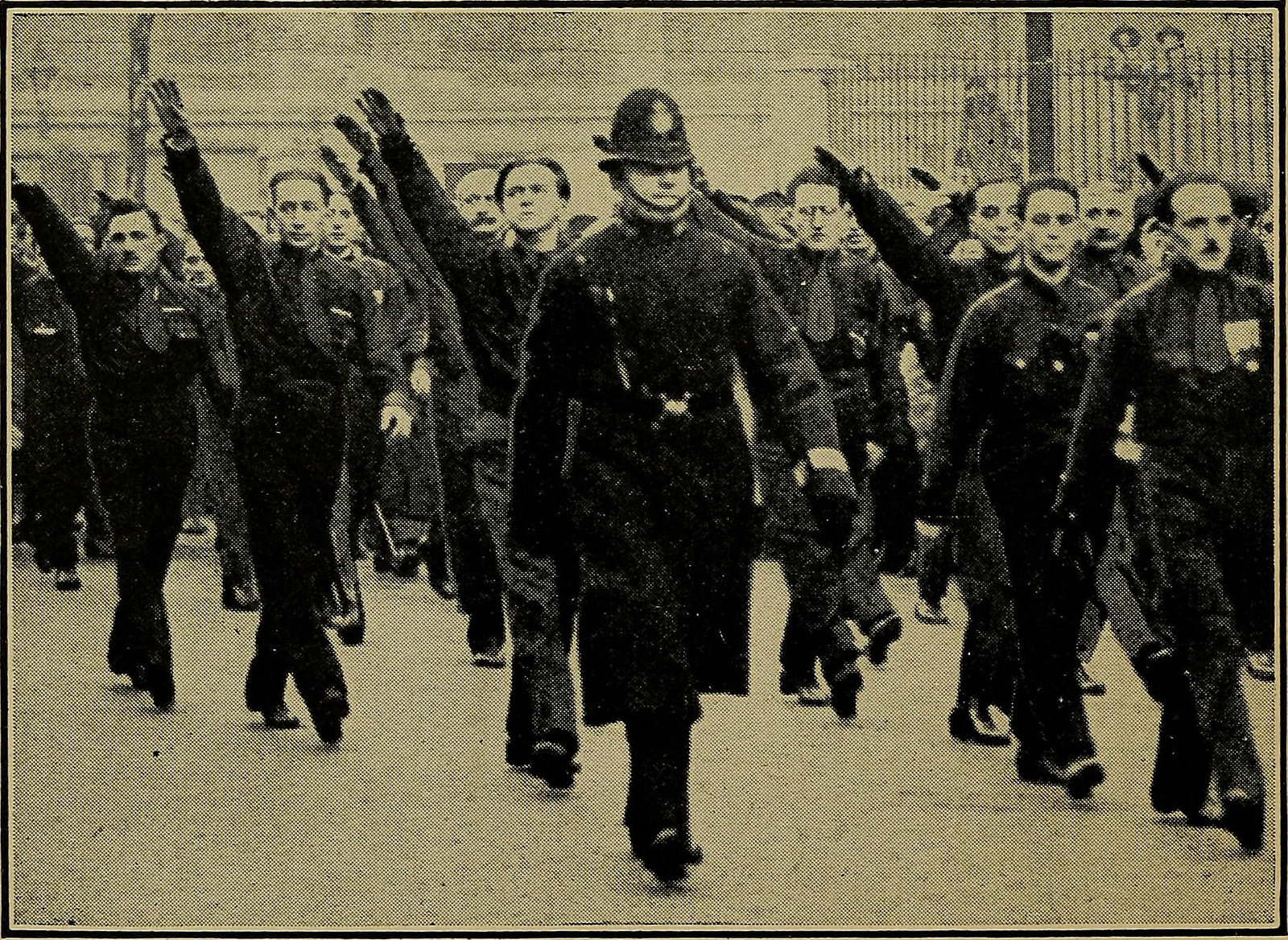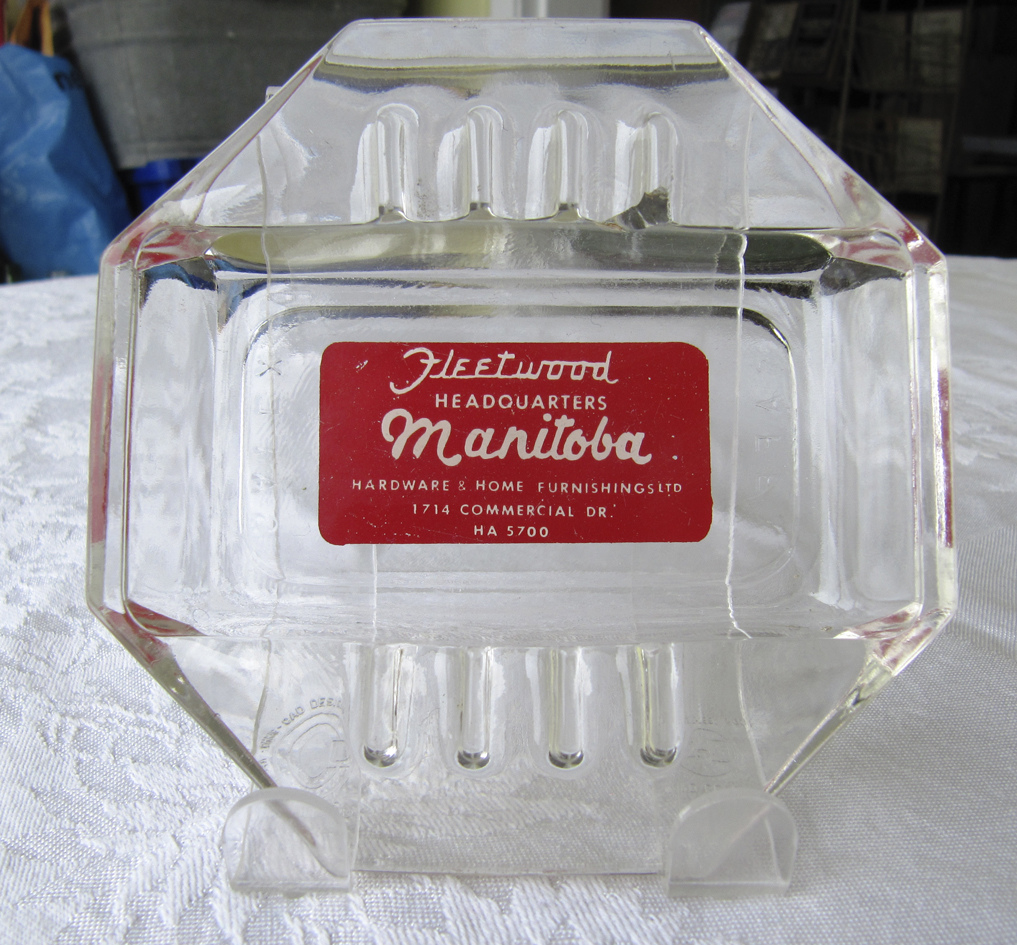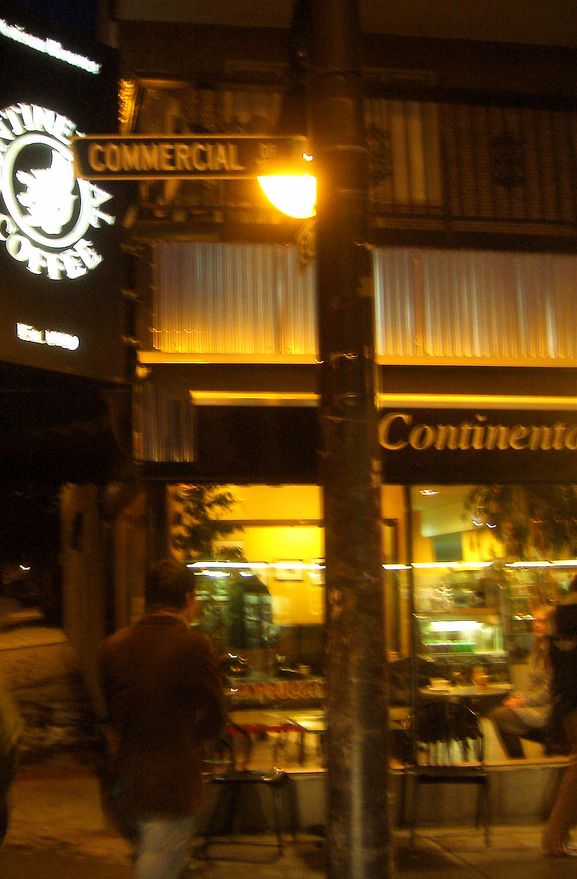Sam Buonassisi: ‘If You Don’t Adapt in Retail, You’re Dead’
Sam Buonassisi (b. 1936) immigrated from Italy in 1953. Now a successful business owner on the Drive, he explains the importance of accepting change.
TEXT VERSION
Bruce Macdonald: Is it true that the biggest reason for so many Italians coming here in the ’50s was because of the War?
Sam Buonassisi: Mostly, yes, because of the lack of work and the lack of infrastructure. Everything was down until it picked up around the ’60s, but the most immigrants came from 1950 to 1960.
B.M.: So what was it like where you lived during the War?
Sam Buonassisi: I lived in a small town, it wasn’t so bad, but we had one fountain, and in a town of 8,000 people, there were 20,000 refugees from the cities and we all had to get water from the one fountain.
B.M.: One fountain? Wow!
Sam Buonassisi: We lined up 24 hours per day. This is the condition we lived in.
B.M.: So, close to where you lived there was a bigger city with an airport?
Sam Buonassisi: Yes, there was a bigger city with an airport and a German base. And that was a deterrent, because the Americans came in and wanted to get rid of some of those planes. And, being a war, they took care of not only the planes, but a lot of people died.
B.M.: You were saying, in one day, how many people?
Sam Buonassisi: I can’t remember, but there was a lot of people. I think somewhere around 19,000 in one day killed by bombing.
B.M.: Were they those 1,000 bomber raids from back then?
Sam Buonassisi: I remember vaguely, but there were 40-50 airplanes coming in every day.
B.M.: Crazy. So then it just wasn’t easy to rebuild it after the war, after all the destruction?
Sam Buonassisi: It wasn’t, because there was no money until the Marshall Plan came in. That was a couple of years later. It had started to come in while I was there. I heard about it, but they didn’t start to implement it until a couple of years later, and that’s when things started to pick up and got much better. Also, because so many people had left Italy, the workforce was strong and they were able to find more work.
B.M.: So, before the War, things were pretty good?
Sam Buonassisi: Not too bad, but they started to decline when Mussolini came in and he started to tax people to debt. He wasn’t a very good manager.
B.M.: The military took over.
Sam Buonassisi: Yes, the military, the fascisti, the ‘Black Shirts’.
B.M.: So they sucked up all the money, basically, for themselves.
Sam Buonassisi: Like all dictators.
B.M.: Yeah. Them and their buddies. Interesting.

Image credit: Internet Archive Book images, CC, Flickr
Sam Buonassisi: I left in 1953 and came to Vancouver. It was a big city.
When we left Italy, we were fairly poor. There was no work, no money, and no food. But we came here and we managed very well. After a year we were here, we bought a house, and the rest is history. Then I worked for 10 years in one place and, when I was 28, I opened Magnet Hardware on Commercial Drive. And I’m still there, 50 years later.
B.M.: Did you call it Magnet Hardware?
Sam Buonassisi: Yes, that’s what it was, Magnet Hardware.
B.M.: Why that name?
Sam Buonassisi: It was an existing name. I guess, to attract people, I don’t know what it was. I heard that the previous owners—not at the same place I am now, because we moved–the previous owners were giving magnets away for Christmas. They would give kids little magnets for Christmas. I never did that; it was way before me.
B.M.: And you were saying back then that Manitoba Hardware was a big store…

Image credit: Make It Old, CC, Flickr
Sam Buonassisi: Manitoba Hardware was a big store, it was much bigger than ours, about twice the size. Then we moved from a smaller location to a bigger location and became a lot bigger than them. Then we took a franchise, the Home Hardware franchise, and that flourished for us. It was just like night and day because, all of a sudden, we could compete.
B.M.: You were saying you couldn’t get television sets before.
Sam Buonassisi: You couldn’t get lawnmowers. Woodward’s, in those days, was selling lawnmowers for the same price we were paying. Then, all of a sudden, we joined a buying group and we kicked the heck out of them. So, finally, Woodward’s closed. Well, not because of me… But that was one of the reasons, because, all of a sudden, the whole market changed. Everybody started to buy direct, they were no longer the only one buying direct. The market changed, so, eventually…
That was the demise of the department store, really, when you think of it. All of them, because they didn’t keep up. You take, for instance, even Sears. At one point, they had all the power tools. All the business for power tools in Vancouver was all Sears’. And then other people came around and started to buy them at the same place. The marketplace changed. And so everybody was able to buy them at the same price, and they were doing a better job than the department store, because they specialized. Well, you know, it’s like everything else: the market changes all the time.
B.M.: So you’ve seen a lot of changes.
Sam Buonassisi: Oh, for sure. A lot for the better.
B.M.: You were saying you couldn’t find cement finishing tools.
Sam Buonassisi: We developed a demand for cement finishing tools, and we couldn’t buy them cheap enough because we had to bring them from the States. By the time we paid duty…. And they weren’t really manufacturers, they were distributors there. And then Home Hardware came in, and I was able to buy them direct from the manufacturers. They were shipping direct to us, because we were Home Hardware. The price was much better, so we had a fantastic tool business. But that changed again, because everything became power tools. Very few hand tools sold like they used to.
We went into something else: we went into kitchenware. So you have to change with the time and whatever it takes.
B.M.: But now everything’s made in China. That’s quite a change!
Sam Buonassisi: Good quality hand tools are still made in Canada and the United States. It’s very hard to sell them, because they are very high-price, but you still get demand for them. Not the same amount, but still. Also, because the tradespeople have changed. The European people were used to those brand names. The new people that are coming in now, they buy anything that is cheap.
B.M.: That’s interesting, having to constantly adapt to the changing world.
Sam Buonassisi: Oh, you have to. If you don’t adapt in retail, you’re dead. We used to sell 20-30 electrical lawnmowers per week sometimes. Well, you can hardly sell an electrical lawnmower anymore, because all the area is becoming highrises and apartments and condominiums. They have their own maintenance. Nobody cuts grass anymore. But we still do well with gardening. We still have a fantastic garden shop. We do quite well with it. Just not in lawns. Actually, our garden business, vegetable plants and flowers has doubled in the last 10 years. More and more people are into it. So, even though they put them in their balcony, they use them. And everybody seems to like it. But life has been great in Canada.
B.M.: It’s turned out pretty good, hasn’t it?
Sam Buonassisi: And we still got people coming here.
B.M.: You were saying you were installing cabinets for 10 years in schools. So you think your life is simple and straightforward, but running a business is a whole different thing.
Sam Buonassisi: Yes, but then there’s a lot more opportunities. When you work for a wage, you take home your pay cheque—I was well-paid—but I was able to save some money to buy myself a business.
B.M.: Did you have partners back then?
Sam Buonassisi: No.
B.M.: You did it all on your own? Wow, good for you. Really? So you just had this idea in your head…
Sam Buonassisi: I had an idea in my head that I was gonna open one from scratch, and then this little one came for sale. I heard about it, I inquired about it, and a few people encouraged me to take it. And I did it.

Image credit: tonx, CC, Flickr
B.M.: So the whole espresso coffee thing, was that in Italy before you left?
Sam Buonassisi: Yes, it was there.
B.M.: And then Theo Grippo was the first one to…
Sam Buonassisi: Theo Grippo was the first one to roast coffee, but the first cappuccino espresso coffee was Pofi Bar, at the corner of 1st Avenue and Commercial. Where the Red Burrito is. That was the first one open.
B.M.: When do you think that was?
Sam Buonassisi: That was in 1952-’53. And then they opened another one up.
B.M.: On Charles St.
Sam Buonassisi: Not on Charles, is it? On Kitchener.
B.M.: Not in Marcello’s building? That was right there.
Sam Buonassisi: No, no, but… where were they? Yes, in the Marcello building, on Kitchener. And then, all of a sudden, they started to get really big.




Leave a Reply